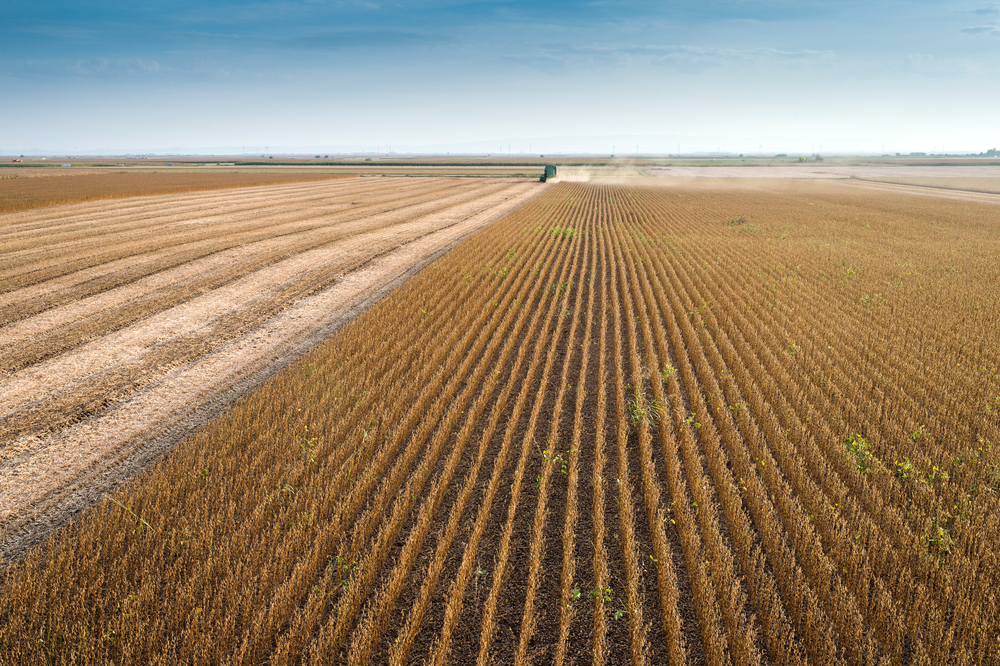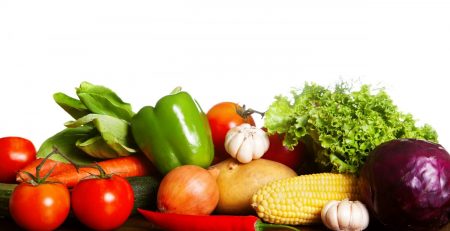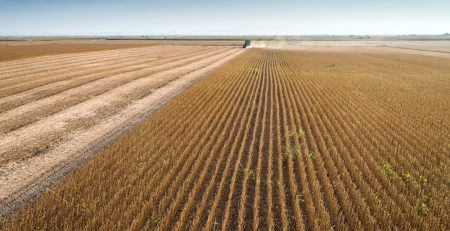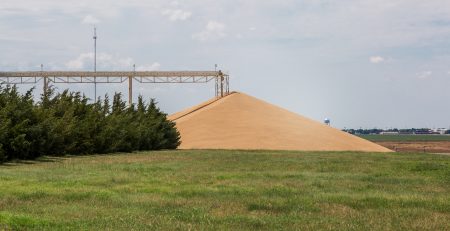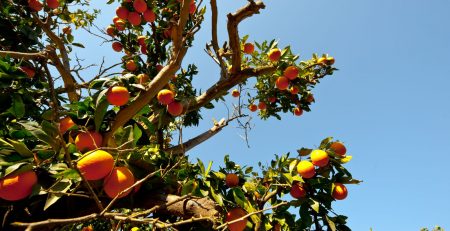Nebraska Farmland Averages $2,270
For four consecutive years, Nebraska farmland prices have declined. For 2018, the state’s farmland prices average $2,270, which is a 4% drop from a year ago, according to the final results of the 2018 Nebraska Farm Real Estate Market survey.
Overall, Nebraska farmland prices have dropped 18%, or $595 per acre, since reaching a high of $3,315 in 2014.
In the North district of the state, farmland values posted a 7% year-over-year drop—the largest of any district. The Central district’s values declined by 6%, followed by the Northwest and Southwest, where values each dropped by 5%.
2018 Nebraska Farmland Prices
All of the seven land classes dropped in value, compared to last year. Non-tillable grassland values declined by 7%–the largest drop, followed by tillable grassland and hayland, which each declined by 6%. Gravity irrigated cropland dropped by 5%, and center pivot irrigated cropland decreased by 3%. Dryland cropland with irrigation potential declined by 3%, while dryland cropland without irrigation potential posted a 1% drop.
Nebraska Farmland versus Price of Corn
Survey participants pointed to low commodity and livestock prices, farm input costs and current property tax levels as the main drivers for declining farm real estate values, says Jim Jansen, agricultural systems economics, University of Nebraska.
On the flip side, survey participants say the 1031 tax exchanges and non-farmer investor interest in land purchases are the most positive impacts on regional land values. The amount of land offerings for sale and purchase for farm expansion reported a positive, but negligible impact.
Looking forward, land values will be strongly influenced by the tight profit margins for farmers and rising long-term interest rates. These factors will likely apply negative pressure to the farmland market.
This annual survey, conducted by the University of Nebraska-Lincoln, polls appraisers, farm and ranch managers and agricultural bankers.
Content within the Farm Journal Forum is the property of Farm Journal, Inc and protected by copyright.This article was first published on https://www.fjfnews.com.
